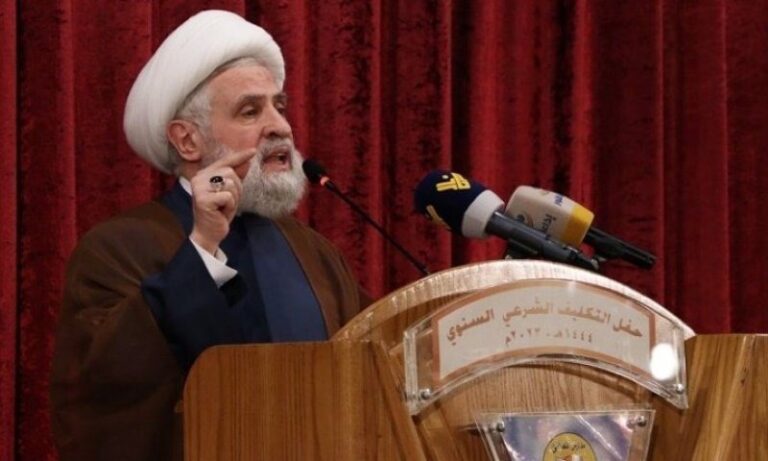 A military strike by Israel against Iran’s nuclear facilities has emerged as one of the biggest threats to the U.S. economic recovery and could roil the November elections.
A military strike by Israel against Iran’s nuclear facilities has emerged as one of the biggest threats to the U.S. economic recovery and could roil the November elections.
The Obama administration and economic experts have warned a pre-emptive attack by Israel could send the economy into a slump, which would change the trajectory of campaigns for the White House and Congress.
Economic and energy experts say an attack could cause an oil shock, which sent the United States into recession in the late 1970s. In the early ’90s, a similar shock occurred when the OPEC oil embargo and the Iraq invasion of Kuwait sent prices soaring.
“If Iran is to retaliate against Israel or other U.S. targets, it’s really unpredictable. It’s safe to say there would be a big shock to oil prices,” said Adam Hersh, an economist at the Center for American Progress.
“The oil price shock and domestic politics in the United States are my biggest concerns for disrupting the economic recovery we’ve been seeing,” he said.
Tensions with Iran will serve as a backdrop for the emerging battle over energy policy between the White House and congressional Republicans, who are seizing on high gas prices to build political momentum.
It will also set the tone for a meeting early next month between President Obama and Israeli prime minister Benjamin Netanyahu.
Obama’s poll numbers have gone up with the economy, the chief concern of voters heading into the November election, and any news that would change that trajectory is unwanted at the White House.
Administration officials have acknowledged the dangers to national security and the economy from an Israel-Iran battle.
In November, Defense Secretary Leon Panetta warned an attack would damage the nation’s economic recovery. Panetta recently warned The Washington Post’s David Ignatius there is a strong likelihood Israel would strike in April, May or June, before Iran can shield its facilities from aerial bombing.
At the same time, there is only so much the United States can do in counseling Israel against taking action, and the Obama administration also wants to prevent Iran from gaining nuclear weapons.
Axel Merk, president of Merk Investments, based in Palo Alto, Calif., said a military conflict will cause oil prices to rise and “high energy prices will cause headwinds” for the national economic recovery.
He said regional conflict would shake investor confidence and risk aversion and predicted that could push the Federal Reserve to unleash a third round of quantitative easing.











5 Responses
Oh well then, we’ll just have to let another 6 million Jews get killed.
After all, we don’t want to hurt the economy or Obama’s reelection campaign.
Obama is concerned an Israeli raid on Iran will ruin his re-election prospects.
The economy is the least of the problems an attack would bring about.
How about a world-wide conflagration?
Other Middle east countries are Just afraid of Iran as Israel. Saudi Arabia, Iraq, Jordan Dubai just to name a few.
The man in charge of Iran is crazy and you must deal with him as such. hitler was not dealt with and over 45,000,000 die in World War II. It was not just Jews but the stupid people don’t care because they thought it was just Jews.
45,000,000 is almost the entire population of France
The United States would be better off than Europe or China, since the US would be dealing with high prices but not severe shortages since the US has a large amount of oil locally (or at least from neighborhing countries).
A full scale war would probably have devastating consequences, especially if it ends up involving more than just Iran. Wars tend to be devastating. Obama’s “win conditions” (to borrow a phrase from computer gaming” involve aiming for regime change in Iran and a peaceful resolution. A war that disrupts the world economy is a “lose” for him.